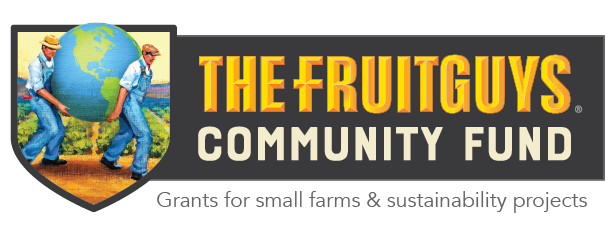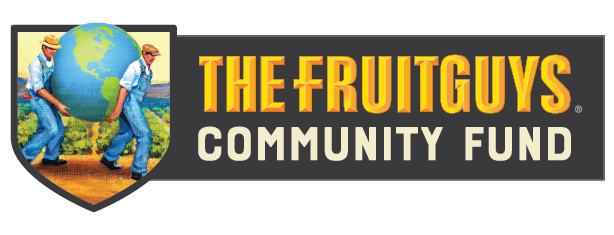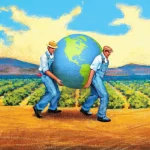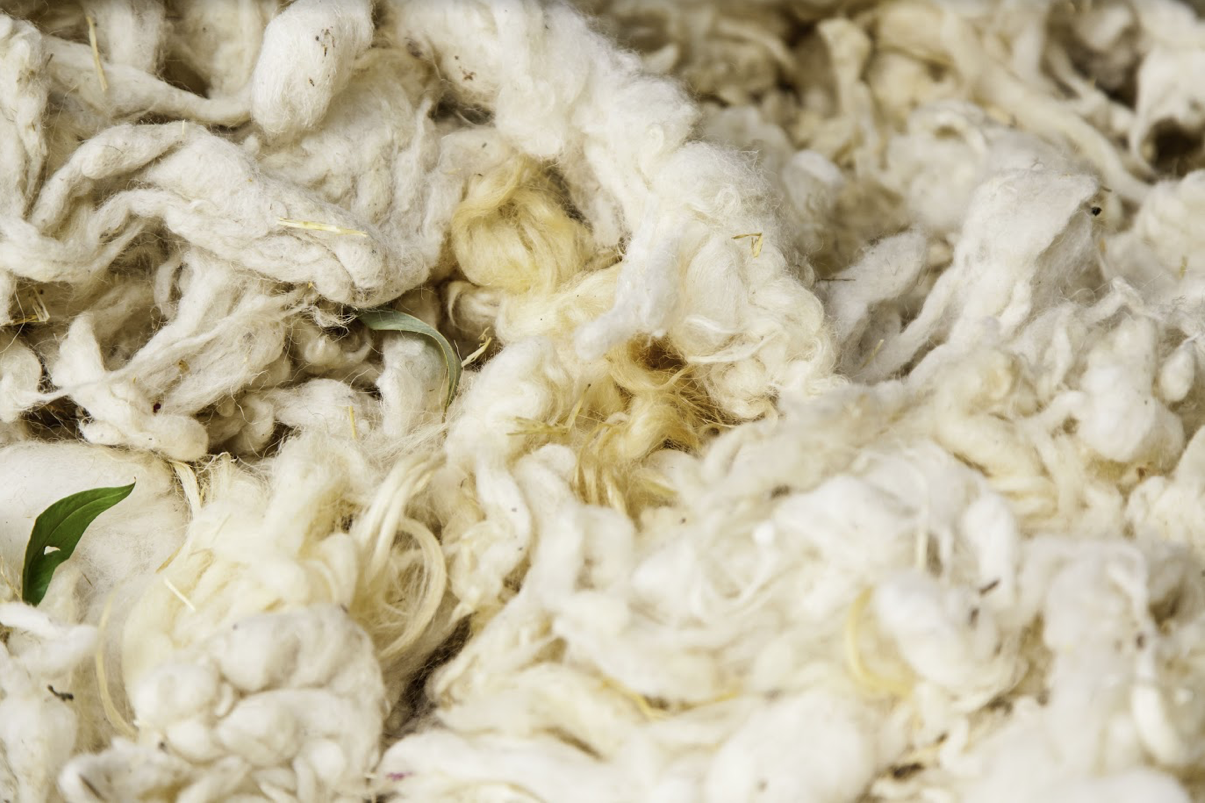
Sustainable farming encompasses more than food, and fiber farmers are one group that’s often overlooked. Although cheaply made synthetics dominate the textile market these days, there are still small, sustainable farms producing natural fibers like wool, cotton, hemp, and linen. These fibers are gorgeous and much less taxing on the environment than their mass-produced counterparts.
Why are sustainable, natural fibers important?
- Textile production is currently one of the most environmentally destructive industries in the world, from the chemicals used on conventional cotton fields, to the chemical dyes used on fabrics, to the microfibers that come from synthetics.
- Clothing is a unique element of human culture, just like food. Natural fibers can help people connect with their roots and keep cultures alive.
- Unlike synthetic fibers, natural fibers can be composted when they’re no longer useful rather than ending up in a landfill.
- Many garment factories focused on creating fast fashion give little consideration to the well-being of their employees, exposing them to dangerous conditions and not providing fair wages. Sustainable and natural fibers can be created in safe conditions by farmers and craftspeople who see the benefits of their labor.
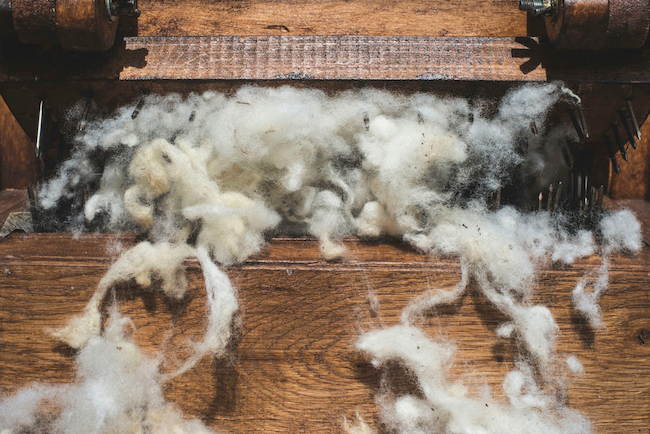
What’s different about fiber farms?
Whether they’re raising alpacas or growing flax, small farmers work hard to create textiles. In many ways these farmers resemble vegetable, fruit, or livestock farmers. Fiber farmers who grow cotton, hemp, or flax also plant, tend, and harvest their crops, and those who tend flocks of sheep for wool have many of the same duties as those who tend herds of dairy cows. However, unlike farmers who produce food, almost all fiber farmers have to consider not just the growing and harvesting of their crops but the extensive processing of those crops as well. They face the challenge of learning or outsourcing additional tasks, like shearing sheep, spinning wool, and knitting or weaving fibers into fabric in order to make them into finished products.
Check out some fiber farmers.
Viriditas Farm is located in the Capay Valley of California. There Sally Fox has worked hard to breed naturally colored, organic cottons. She also has a large flock of merino sheep that produce fine wool. Fox produces fiber while still caring for the environment.
Kacie Lynn started Fiber Farm, located in Tracy City, TN, with the desire to create sustainable textiles and educate others. She uses the farm’s flock of alpacas and sheep to make sustainable garments and teaches others to do the same through workshops focused on natural fibers and dyes.
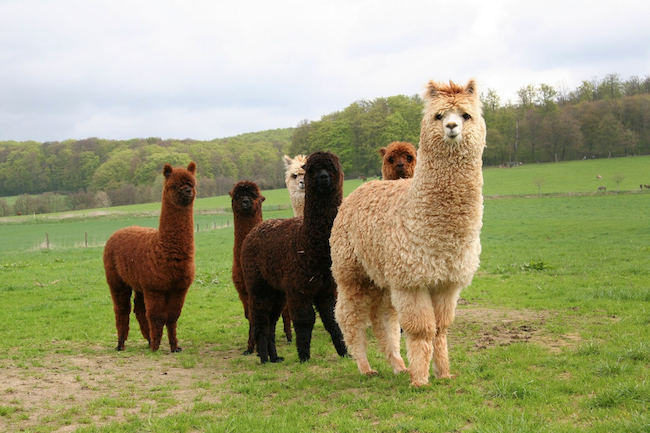
Lanette Freitag and Don Bowles of Lan Mark Farm and Feltloom
Freitag and Bowles are fiber farmers who produce wool products from their farm’s llamas, alpacas, and sheep. They also operate the Lan Mark Fiber Mill in Sharpsburg, KY, and created the FeltLoom, a machine that needle-felts fibers into cloth.
Just like other small farms, these fiber farms are making a difference. By producing natural fibers, they’re helping to reduce pollution and give consumers more sustainable options. Hopefully, as people’s perception of sustainability continues to change, more of these farms will be able to compete with the fast-fashion industry.
Jordan Charbonneau is an organic farmer and writer from West Virginia. She holds degrees in ecology and environmental humanities from Sterling College in Vermont.
